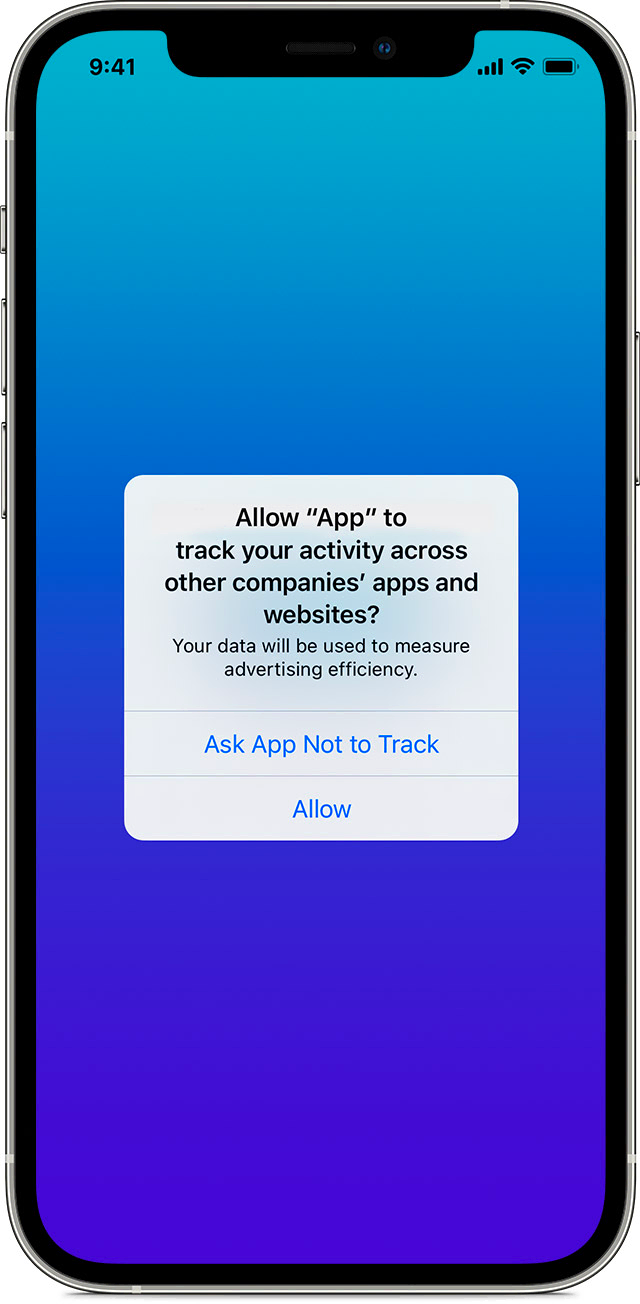AIs.txt
AIs.txt is a mental model of a machine learning permission system.
Intuitively, question this: what if we could make a human-readable file that declines machine learning (a.k.a. Copilot use)?
It's like robots.txt, but for Copilot.
User-agent: OpenAI
Disallow: /some-proprietary-codebase/
User-agent: Facebook
Disallow: /no-way-mark/
User-agent: Copilot
Disallow: /expensive-code/
Sitemap: /public/sitemap.xml
Sourcemap: /src/source.js.map
License: MIT
# SOME LONG LEGAL STATEMENTS HERE
Key Issues
Would it be legally binding?
For now, no. It would be a polite way to mark my preference to opt out of such data mining. It's closer to the Ask BigTechs Not to Track option rather than a legal license. Technically, Apple's App Tracking Transparency does not ban all tracking activity; it never can.

Why not LICENSE or COPYING.txt?
Both are mainly written in human language and cannot provide granular scraping permissions depending on the collector.
Also, GitHub Copilot ignores LICENSE or COPYING.txt,
claiming we consented to Copilot using our codes for machine learning by signing up and pushing code to GitHub,
We may expand the LICENSE system to include the terms for machine learning use,
but that would even more edge case and chaotic licensing systems.
Does machine learning purposes of copyrighted works require a license?��
This question is still under debate. Opt-out should be the default if it requires a license, making such a license system meaningless. If it doesn't require a license, then which company would respect the license system, given that it is not legally binding?
Is robots.txt legally binding?
No.
Even if you scrape the web prohibited under robots.txt, it is not against the law.
See HIQ LABS, INC., Plaintiff-Appellee, v. LINKEDIN CORPORATION, Defendant-Appellant..
robots.txt cannot make fair use illegal.
Any industry trends?
W3 has been working on robots.txt for machine learning, aligning with EU Copyright Directives.
The goal of this Community Group is to facilitate TDM in Europe and elsewhere by specifying a simple and practical machine-readable solution capable of expressing the reservation of TDM rights. w3c/tdm-reservation-protocol: Repository of the Text and Data Mining Reservation Protocol Community Group
Can we even draw the line?
No. One could reasonably argue that AI is doing the same as humans, much better and more efficiently. However, that claim goes against the fundamentals of intellectual property. If any IP is legally protected, machine-generated code must also have the same level of awareness system to respect it and prevent any plagiarism. Otherwise, they must bear legal duties.
Maybe it can benefit AI companies too
... by excluding all hacky codes and only opting for best-practice codes. If implemented correctly, it can work as an effective data sanitation system.
Relevant Thread
Special thanks to everyone in the discussion:
RFC: What if we could make "robots.txt", but for GitHub Copilot? pic.twitter.com/VmKeL4NFeQ
— cho.sh (@anaclumos) October 21, 2022
